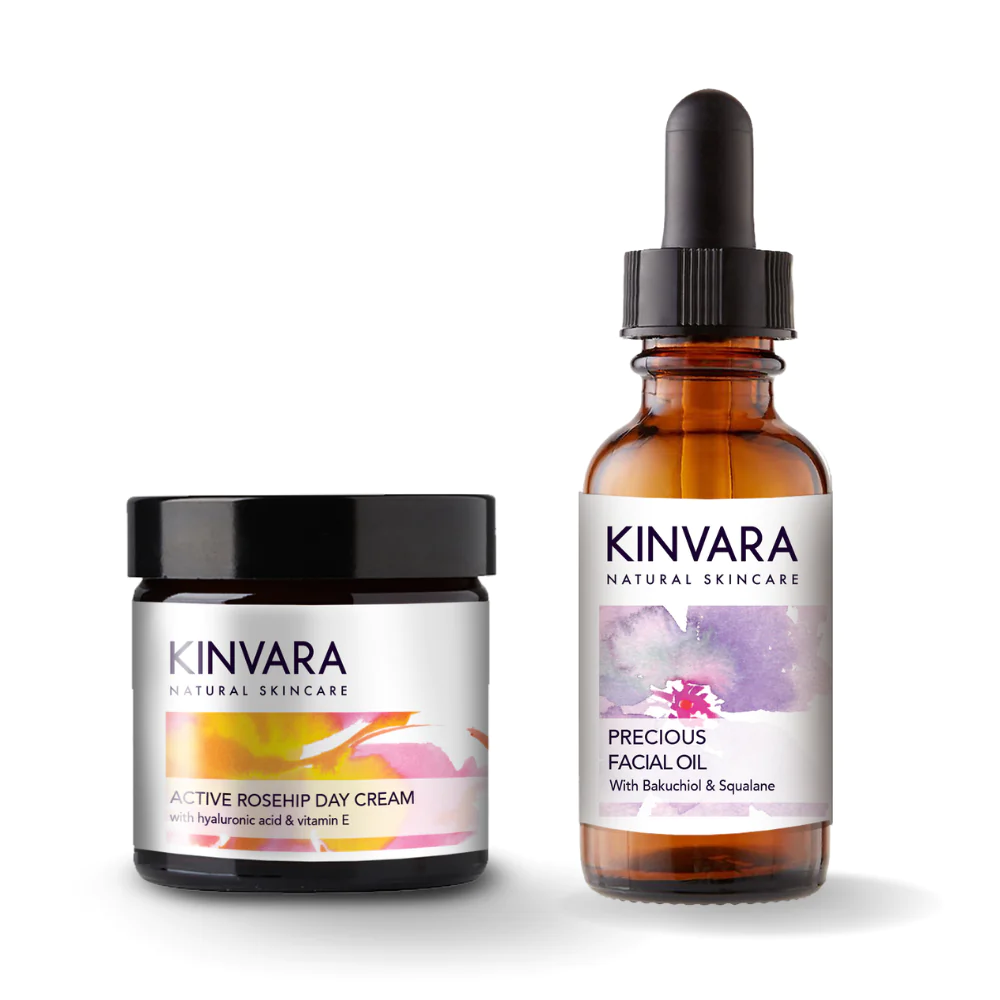We’ve all heard of the ‘pregnancy glow’ before, you know where pregnant women have a certain radiance that they didn’t have pre-baby in their tummy. However, for some women, that radiance doesn’t arrive straight away and instead they’re greeted with an old teenage foe: acne.
In fact, pregnancy acne is really quite common and can occur in more than one out of every two pregnant women. Add it to the list of worrying about morning sickness, swollen feet and unwavering fatigue and you can be left thinking, “seriously, give me a break!”
To help you through this, here’s an overview of what pregnancy acne is and how to best deal with it.
What is pregnancy acne and what causes it?
Pregnancy acne is pretty much identical clinically to acne in non-pregnant people. It appears as clogged pores, red spots and cysts, depending on how bad it is on your individual skin.
And when does pregnancy acne start? Well, it’s most common in the first or second trimester of pregnancy and is due to increased levels of hormones, particularly androgens.
Androgens increase our sebum (oil) production and make it easier for our skin to become inflamed, congested and full of unwanted and unnecessary bacteria.
How to cure pregnancy acne
People with a history of acne, particularly hormonal acne, are susceptible to falling privy to it again during pregnancy. So, what helps pregnancy acne and how can you treat it?
Whatever you do, don’t use strong anti-blemish face creams or washes, or anything that claims to clear your skin ‘in a few days’. These products will be far too harsh on your skin and it’s always best to look for more natural alternatives during pregnancy that will be entirely safe for use throughout your whole nine months.
What ingredients should you avoid if you have pregnancy acne?
There are various ingredients that you are advised to stay away from if you have pregnancy acne.
Retinol - You definitely want to steer clear from remedies containing retinol, as there’s an increased risk of birth defects for developing babies. If you already use or take retinoids, stop as soon as you know you’re pregnant.
Salicylic Acid (BHA) - You also want to avoid salicylic acid (a BHA) if you can. Although products that contain this won’t cause any harm to the fetus, as the skin can have a heightened sensitivity during pregnancy, side effects from salicylic acid can increase. These can include headaches, nausea (like you don’t already have enough of that) and light headedness.
Chemical sun protection – It’s really important to be careful in the sun whilst pregnant, but it’s also key not to use a sun cream that can have negative effects on you and your baby. Chemical sunscreens may contain possible hormone disruptors like oxybenzone or avobenzone, which can interfere with your baby’s nervous system development. Opt for natural alternatives and try to stay in the shade.

What can I use for pregnancy acne?
Natural products are always the best to use when you are pregnant as you can rest assured that there’s no nasties in there, just pure good for your skin (and your baby) ingredients.
Here at Kinvara Skincare, all of our products are completely safe to use during all stages of your pregnancy journey.
Our key ingredients are Ecocert approved and our plant oils are organic. We have won the UK Free-From Skincare Awards several times and absolutely none of our products contain parabens, SLS/SLES, synthetics, fragrances, phthalates, mineral oils or petroleum and animal derivatives.
We do always encourage a patch test to ensure that a product suits your skin and any concerns with regards to the use of essential oils during pregnancy should be discussed with your GP.
That being said, our products have all been deemed safe for use and are fully compliant with stringent EU regulations for use on people 3 years+.
We recommend a skincare routine during your pregnancy that is calming and gentle on the skin. Try our Absolute Cleansing Face Oil followed by our 24hr Rosehip Face Serum for a refreshed and revitalised complexion.
How else to treat pregnancy acne?
What helps pregnancy acne doesn’t just stop at over the counter products though, and you can explore several other methods such as things like:- Light therapy
- Facials
- Addressing your diet
However, these types of treatments can be more expensive. Whether you’re buying machines to do it at home, visiting the salon or buying the supermarket out of healthy alternatives. Not to mention that a strict diet during any trimester can seem a little difficult when your cravings set in!
The main thing to do is try to avoid refined sugar and processed carbohydrates if you can. Teaming this with a solid, gentle skincare routine will do wonders for your skin and that ‘baby glow’.
Shop you natural skincare routing HERE.




